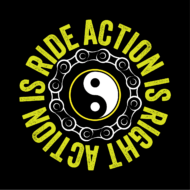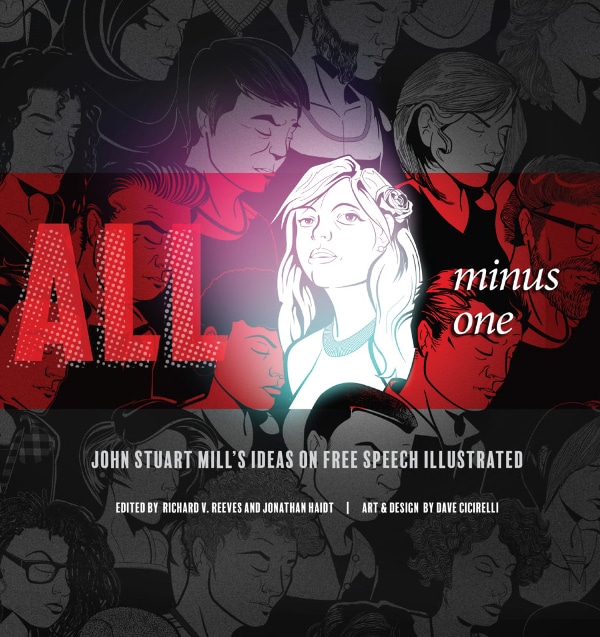
An interesting article over on aeon.co by Anna Greer that posits It’s Wrongheaded to Protect Nature with Human-Style Rights.
“After all, it is a hubristic belief in our own singularity and exceptionalism that’s partly responsible for destroying the planet. One thing seems certain: if the law is to respond to the multiple crises afflicting the Earth, and if rights are to be deployed, we need to get rid of the notion of a rights-bearer who is an active, wilful human subject, set against a passive, acted-upon, nonhuman object. The law, in short, needs to develop a new framework in which the human is entangled and thrown in the midst of a lively materiality – rather than assumed to be the masterful, knowing centre, or the pivot around which everything else turns.”
“Some might object that such a decentred approach is likely to be more complex and challenging than relying on existing assumptions about the centrality of ‘the human’. That’s certainly true. But such engagement is preferable – more empirically faithful to what’s there – than continuing to elevate the human as the ethical apex of the legal system. The ‘human’ cannot continue to be the sole benchmark against which other beings must be measured in order to count.”
A novel concept for sure that I agree with at first blush. I can’t begin to comprehend how everyone could find agreement on this as well as what ‘rights’ non-human entities would be entitled to – though I think it’s a discussion worth having.
I can’t quite get my head around the concept of ‘the law’ as mentioned in the first quote developing a new ‘non-human-centric’ framework, when ‘the law’ is itself a human construct. One could argue possibly that what is ‘moral’ or ‘true’ or ‘right’ exists outside of the realm of humans and is there whether or not we as a species are there to perceive it, but if that is the case, then words would seem not able to describe it and make it difficult to translate into any form of ‘human law’.
Guess I’ll leave it up to the environmental lawyers to sort out.

